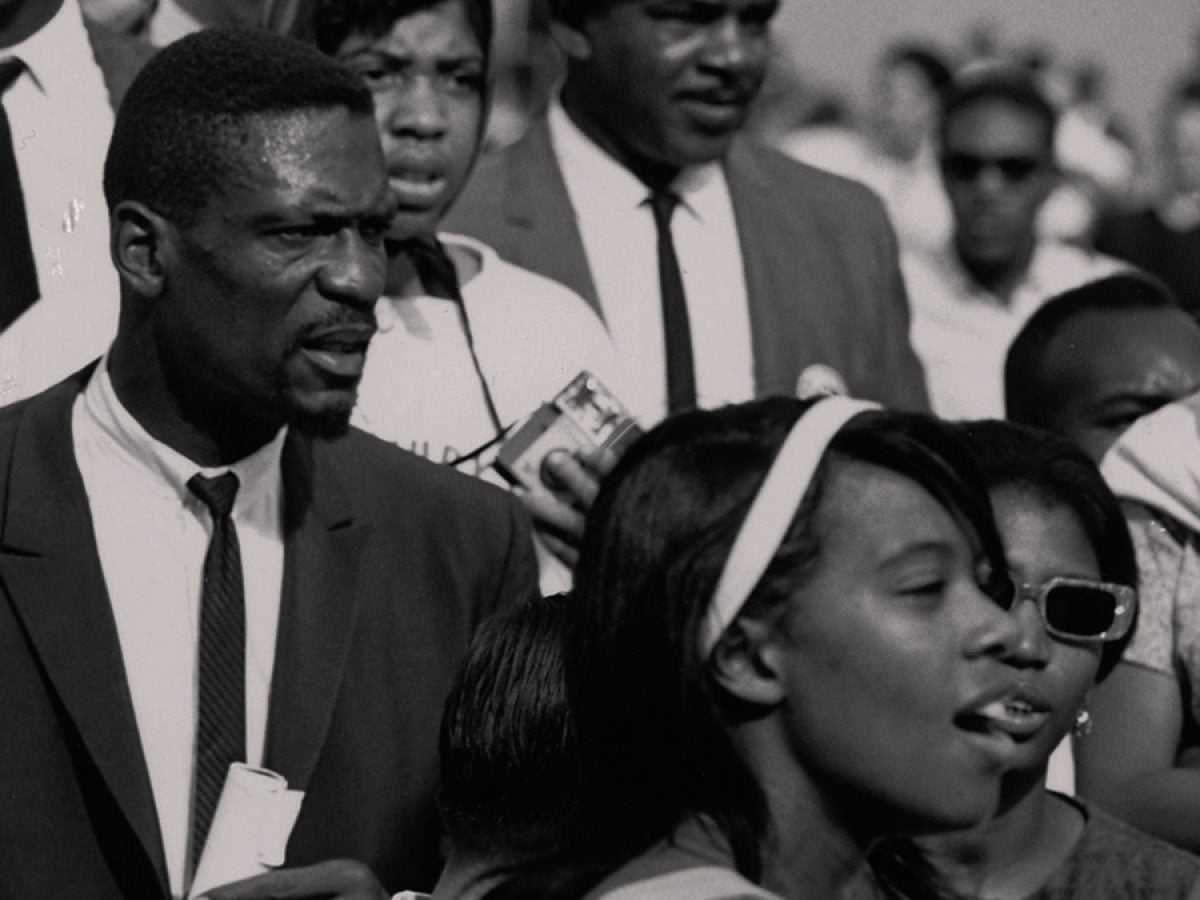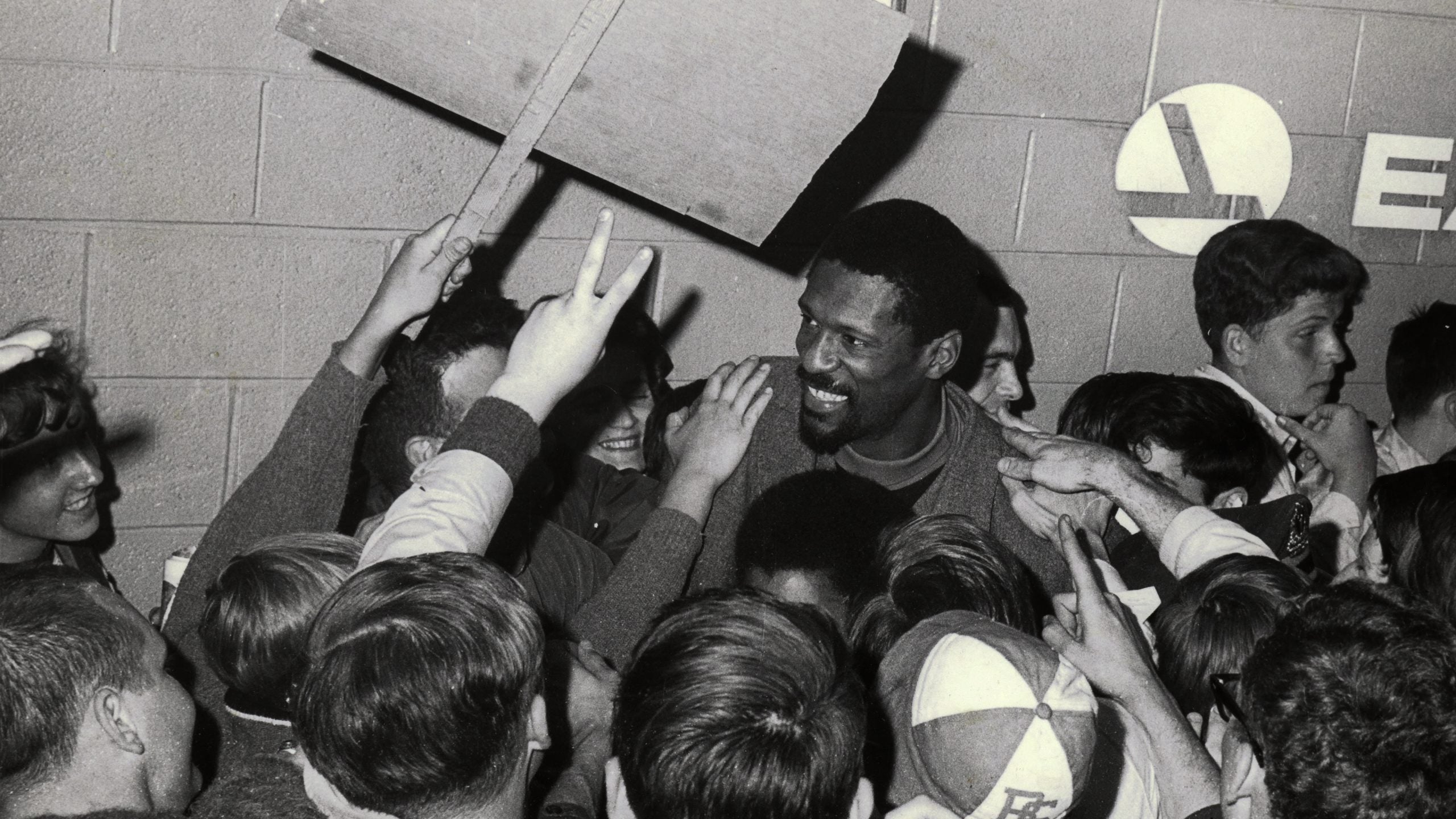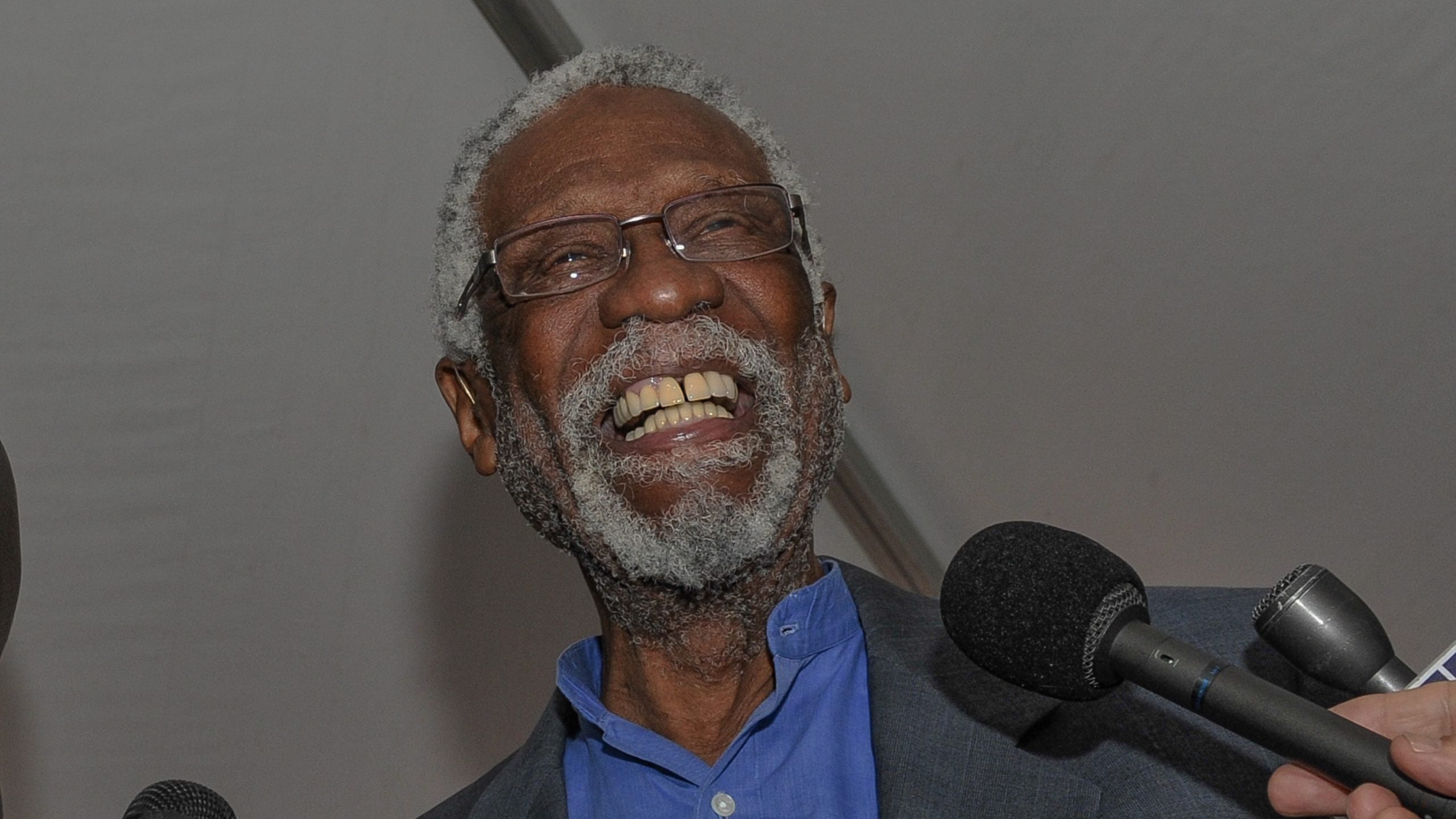
Bill Russell’s legacy is undeniable. His name has become synonymous with success, winning an unparalleled 11 titles in 13 seasons in the NBA, cementing himself as one of the world’s most accomplished athletes. While his career was iconic to say the least, it was Russell’s activism and philanthropy that stands as the true measure of his greatness. In Netflix’s Legend documentary, audiences worldwide are able to get a broader view of the icon’s dominating presence on the court, along with his unwavering character outside of it.
Directed by Sam Pollard, Bill Russell: Legend examines every facet of the 5-time MVP’s life, from his roots based in rural Louisiana, to his passing in July of last year. Taking on a project of this magnitude, about a person of Russell’s stature may have proven to be difficult for some, but this award-winning filmmaker was more than up for the task.

“I grew up in the ’60s, and I was very familiar with Russell and his exploits, specifically on the court,” Pollard tells ESSENCE. “So the challenge always, when you decide to sign onto a documentary, is, is there enough material to tell a story? Can you find that material? Can you figure out how to put it together?”
“It’s always a heavy lift, but I’ve done it for many years,” he continues. “ I’m not intimidated by the process, so I said, ‘Okay, let’s go for it,’ and that’s what we did.”
Divided into two episodes, the first half of the documentary explores Russell’s upbringing. Growing up only a few generations removed from slavery, it is these experiences that molded the University of San Francisco graduate into the great man he would later become. Throughout its duration, Corey Stoll’s narration and Jeffrey Wright reading from Russell’s memoirs give viewers a look at what made him such a great player, and how it translated in his activism in later years.
Russell also became the first Black head coach of a North American professional team when Red Auerbach resigned for a position in the Celtics’ front office; which was extremely ironic, due to the overt racism that occurred in Boston, something that Pollard focuses more on in the documentary’s second act.

In spite of his unfortunate experiences in the suburb of Reading, Russell emerged as one of the leading voices in the Civil Rights Movement, going down to Mississippi after the assassination of Medgar Evers, having a commanding presence at the March on Washington, and supporting Muhammad Ali during the Cleveland Summit in 1967.
In the interviews featuring notable sports figures such as Steph Curry, Chris Paul, “Magic” Johnson, Larry Bird, Jim Brown, Isiah Thomas, and Jayson Tatum, the audience can surmise how Russell’s work influenced generations far beyond his own. With this powerful documentary, Pollard hopes that it will inspire the men and women of today to dig deeper into the life of basketball legend.
“Bill Russell left a huge legacy both as a basketball player and as an African American male,” Pollard says. “If you have an opportunity to watch these two films, you’ll learn those things about him and maybe pique your curiosity to go read some books about Bill Russell that will probably give you more in-depth detail and information that we couldn’t fit into the documentaries.